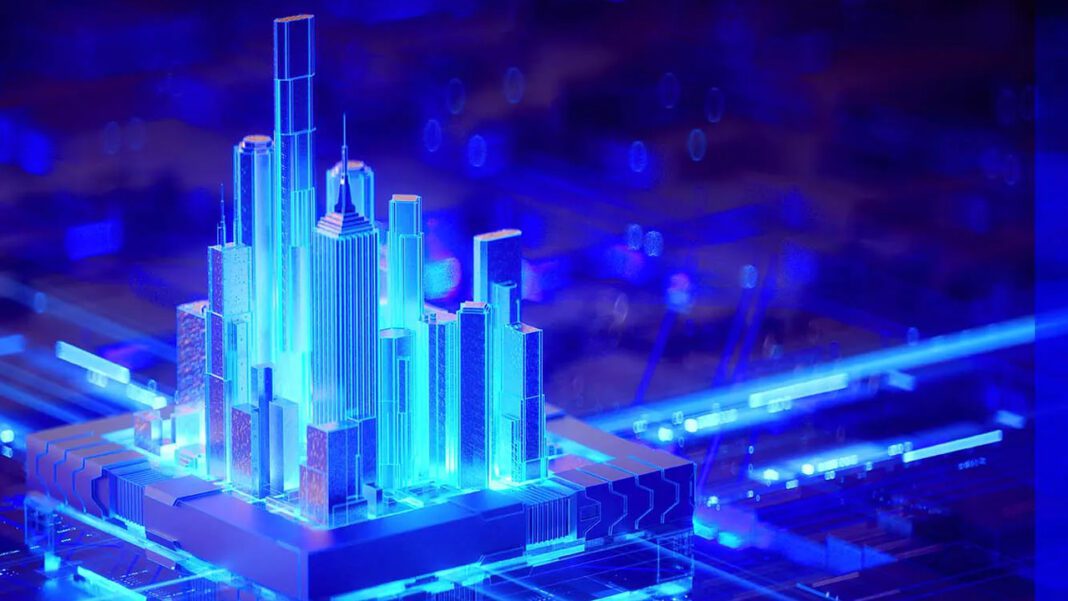Blockchain technology, initially introduced as the underlying technology for the cryptocurrency Bitcoin, has evolved into a revolutionary innovation with applications far beyond digital currencies. It is a decentralized and distributed ledger system that allows data to be stored across multiple nodes, ensuring transparency, security, and immutability of information. As blockchain gained popularity, its potential for disrupting various industries became evident.
Tokenization, in the context of blockchain technology, refers to the process of converting real-world physical assets into digital tokens that represent ownership or rights to those assets. These tokens are then recorded and traded on a blockchain network. Each token is unique, indivisible, and tamper-resistant, making it a secure and efficient way to represent ownership of physical assets.
Advantages of tokenisation over traditional ownership models
In addition to blockchain’s generic advantages such as enhanced transparency, security, global accessibility, cost reduction, efficiency improvement, and investment diversification, tokenization addresses specific challenges faced by physical assets through:
Increased liquidity – Tokenization unlocks liquidity for traditionally illiquid assets, allowing investors to buy and sell the assets quickly and easily. This increased liquidity provides investors more flexibility to manage their portfolios, without the constraints of traditional lock-in periods.
Fractional ownership – Tokenization allows for fractional ownership of high-value assets. This means that more investors with smaller capital can participate in assets that were previously accessible only to high-net-worth individuals or institutions also resulting in more liquidity.
Programmable assets – Asset-backed tokens can be programmed with smart contracts, enabling the automation of certain processes, such as defining minimum price, ownership constraints, etc. These programmable features provide greater control and flexibility to asset owners and issuers.
Examples of tokenisation of real-world assets
Real estate
Traditional real estate investments require huge initial costs and then liquidity issues when needing to sell them. Several real estate tokenization projects have demonstrated the viability of this approach:
Aspen coin: The St. Regis Aspen Resort in Colorado was tokenized through the Aspen Coin project. Investors can purchase tokens that represent fractional ownership of the luxury resort, giving them a share of the property’s revenue and value.
A luxury apartment building East Village in New York, was tokenized on the Ethereum blockchain and sold in the form of security tokens.
RealT, USP, Ripple Labs, SolidBlock and many other platforms allow investors to buy and trade tokenized shares of rental properties, earning proportional rental income in return.
These successful examples illustrate tokenizing real estate assets can transform the real estate market.




